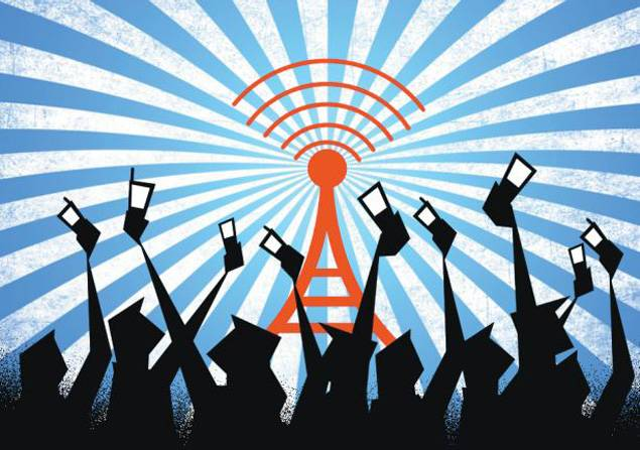
How does internet access improve lives in developing countries?
Internet access can help to improve access to information, opportunities, and services, and can contribute to the overall well-being and development of communities in developing countries. Five examples include:
- Education: Internet access can provide people in developing countries with access to a wealth of educational resources, including online courses, educational videos, and other materials. This can help to improve the quality of education and expand opportunities for learning, especially for people in remote or underserved areas.
- Employment: Internet access can help people in developing countries to find and apply for jobs, as well as connect with potential employers and clients. It can also enable people to start and run their own businesses, providing a source of income and economic opportunities.
- Healthcare: Internet access can provide access to health information and resources, including telemedicine services, which can improve access to healthcare and lead to better health outcomes.
- Communication: Internet access can help people to stay connected with friends and family, and to access news and information from around the world. It can also facilitate the exchange of ideas and facilitate collaboration with others.
- Political participation: Internet access can provide a platform for people to engage in political discourse and participate in the democratic process, helping to promote transparency and accountability in governance.
Silicon Valley Technology Salon: How Can Every African Woman Have Access to Broadband?
We all know that broadband connectivity is an accelerant for social and economic development. And we know that in the developing world, women are the key investors...
Are WiFi-only tablets and mobile devices impractical in hotspot-starved African countries?
One disappointment with the new Google Nexus 7 tablet is the lack of 3G connectivity. It only has WiFi and some people wonder if that makes it impractical in developing...
We Need Affordable Broadband Internet for mLearning
With all the talk of mEducation, USAID’s Grand Challenge, and the upcoming mEducation Alliance conference, there is something huge that is missing. It’s...
5 Reasons Why YouTube HD Videos are the Computing Benchmark for ICT4D
With the proliferation of computer hardware from desktops to laptops to myriad mobile phones, smartphones, tablets and everything in between, there is a real challenge...
Pop Quiz: What Percentage of Tanzanians Are Online?
There is nonstop news and buzz around new fiber optic cables circling Africa, the explosive growth of mobile phones, and Facebook’s domination of social...
Introducing Inveneo BatNet: A Broadband WiFI Solution for Rural Areas
In an effort to extend WiFi signals into more rural regions, Inveneo has been secretly extending research into bat radar. A major breakthrough today allows WiFi...
Get an ICT4D Job! Africa, Europe, Central Asia, United States
ICT Consultants: The World Bank needs several ICT consultants in the following countries: Azerbaijan, Armenia, Georgia, Kenya, Moldova, and Tanzania. Consultants...
An ICT4E Lesson Learned: Offline Content is Key
I recently made one of the biggest ICT4D mistakes in the book. Pay close attention, and see if you can pick it out.
When I was in Arusha, Tanzania last month, I...
The African Cyber Cafe of the Future is Here Today
If you were to think about what Internet cafes might look like in 5 years, I bet you might imagine something like the photo above. A clean, modern cyber cafe run...
The $47 Aakash Android Tablet Will Revolutionize Internet Access
Last year, the Canadian/Indian company Datawind, announced the $35 Aakash Android tablet computer as an ICT solution for education. While I still believe that...



